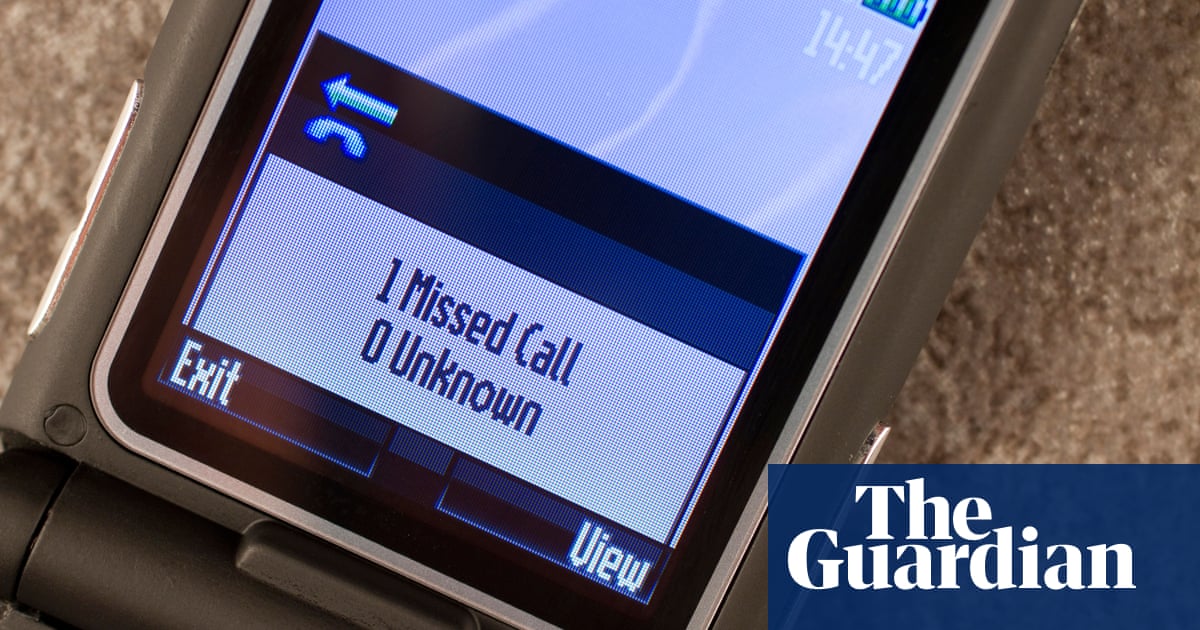
he release of two new vaccines against the coronavirus have arrived like an early Christmas present. Still, the pandemic is raging, and experts have warned that January could be a “really dark time” if the virus continues to spread at its current rate.
In the early days of quarantine, Zoom parties, at-home fitness, home-baked sourdough skills were novel ways to pass the time. Nine months in, those activities have given way to boredom and isolation. Here, five experts weigh in on how to keep our emotions afloat for the next few months.
Find the dark humor
Comedian Martha Chaves says growing up in Nicaragua in the tumultuous 1970s and 80s equipped her with the ability to find the humor in disaster. “I survived an earthquake and a revolution,” she says, “You have to find humor in a tragedy – not in the tragedy itself, but in the behavior of people.”
Chaves, who is working on a one-woman show about her life during the pandemic, looks for the humor in a difficult year. On anti-mask protesters – “The slogan is ‘Hugs not masks,’ and it’s like if in the Aids crises you had marchers with signs like, ‘Sex without condoms’” – and her lockdown weight gain – “I am having a great time with the mask because I am saving on lipstick, and I’m not worried about the double-chin.”
When she’s down, Chaves Zooms with her cousins and sisters – also jokesters, plays with her Siamese cat, and binges on comedies like Schitt’s Creek. She encourages those whose biggest obstacle this year was boredom to keep perspective. “We were complaining about gaining weight during the Covid, and about watching TV,” she says. “When I lived through the earthquake and the revolution we didn’t have food to complain about gaining weight.”
Fight kitchen burnout
Near the start of the pandemic, food blogger and TikToker Tiffy Chen went on a cooking tear – “After 100 days, I got really, really tired,” she admits. The feeling of kitchen burnout is relatable, even for those of us who usually find cooking a fun, creative outlet.
Chen took some time away from the kitchen this summer, and would recommend it to anyone – “If you need a break, take a break. If you want to order out and support local businesses, do that. There’s tons of ways to even spice up instant noodles,” she says.
To get back in the groove, Chen has been trying to relive memories of traveling by cooking the dishes she most enjoyed from her visits to south-east Asia, Hawaii and her home of Taiwan. Sometimes, she gets inspiration from movies and TV, making the ram-don from Parasite or steamed eggs she spotted actors enjoying in a Korean drama.
She’s also a fan of cooking with friends: “Something that some of my followers have been doing is sometimes they’ll do a virtual cooking date where they watch one of my videos and they’ll cook and then they’ll eat together over webcam. And that’s something that I do with some foodie friends as well.”
Give yourself a hug (seriously)
“Give up trying to like yourself,” says psychologist Dr Kirstin Neff. If your goal is to like yourself more, “You’re probably basing it on certain standards, maybe standards of beauty or standards of success,” says Neff. “Simply see if you can change your goal to just being warm, friendly and supportive toward yourself.”
When we’re feeling burnt out and sad, it’s easy to slip into negative self-talk – chastising yourself for not using this year to work on a personal project or learn a cool skill or somehow just be better.
“The words you use with yourself,” should be empathetic and kind, she says – if you wouldn’t say it to a friend, don’t say it to yourself. Shame only reduces our motivation to make positive changes, Neff says.
If you’re not sure how to start being kinder to yourself, Neff suggests starting with physical touch, “we’re not around our friends, giving hugs and having normal human contact, but the body actually responds in very similar ways to self-touch.” She tells clients to try putting their hands on their hearts, “And say something like, ‘Wow, this is really hard.’ Your body responds to that – you aren’t totally dependent on other people to give that to you.”
Cancel that Zoom call
Those able to work from home are certainly fortunate to be able to earn a living in relative safety, but employers can do more to keep them happy and productive in the coming months. One place to start? Chill out on the Zoom meetings.
Christina Disler, a workplace wellness expert and the founder of Werklab, says now is the time for employers to reassess their work-from-home strategies.
“We have to start being really intentional in the things we do,” says Disler. “Now is the time to touch base and ask, does it actually make sense for us to have Zoom meetings every morning? What are we really getting out of this?”
Disler also thinks this year of remote work has laid bare the importance of emotionally intelligent, “trust-based” leadership. “All of a sudden, to be effectively leading a remote company, you need to be leading from a place of trust,” she says. That could mean providing workers with flex hours, shifting away from the idea that work only gets done if everyone at a company is at their computer from nine to five sharp. What’s become clear is that good company culture isn’t about “Beer Thursdays” or break room foosball – it’s about leaders understanding what kind of support workers need to lead balanced lives.
Take a break from you family – and ask for help if you need to
At this point, we understand all too well that the pandemic has created domestic extremes – many are either isolated, or desperate for space of their own.
Nedra Tawwab, a therapist who specializes in boundaries, urges her clients who live in crowded households to schedule and protect time for themselves, whether it’s going for walks or safely visiting with friends outdoors. “Those things still work – and when you get off track, you can always go back as you need them,” she says.
For the isolated, “It’s always helpful to directly ask people for support instead of assum[ing] that they know how to help you,” she says. “Sometimes restating the boundaries is really helpful – ‘Hey, I asked you to call me before, and I really need you to do it.’”
On a recent Instagram post, Tawwab suggests taking a moment to reflect on the difficult year as it comes to a close, asking questions like “what did 2020 teach me about myself?” and “in what ways will I take better care of myself?” “Self-awareness is an essential part of growth,” she writes.
Tawwab also urges anyone coping with a prolonged sense of hopelessness to speak to a therapist or mental health professional. “Sometimes, we can’t willpower our way out of things, and we may need a higher level of care.”












